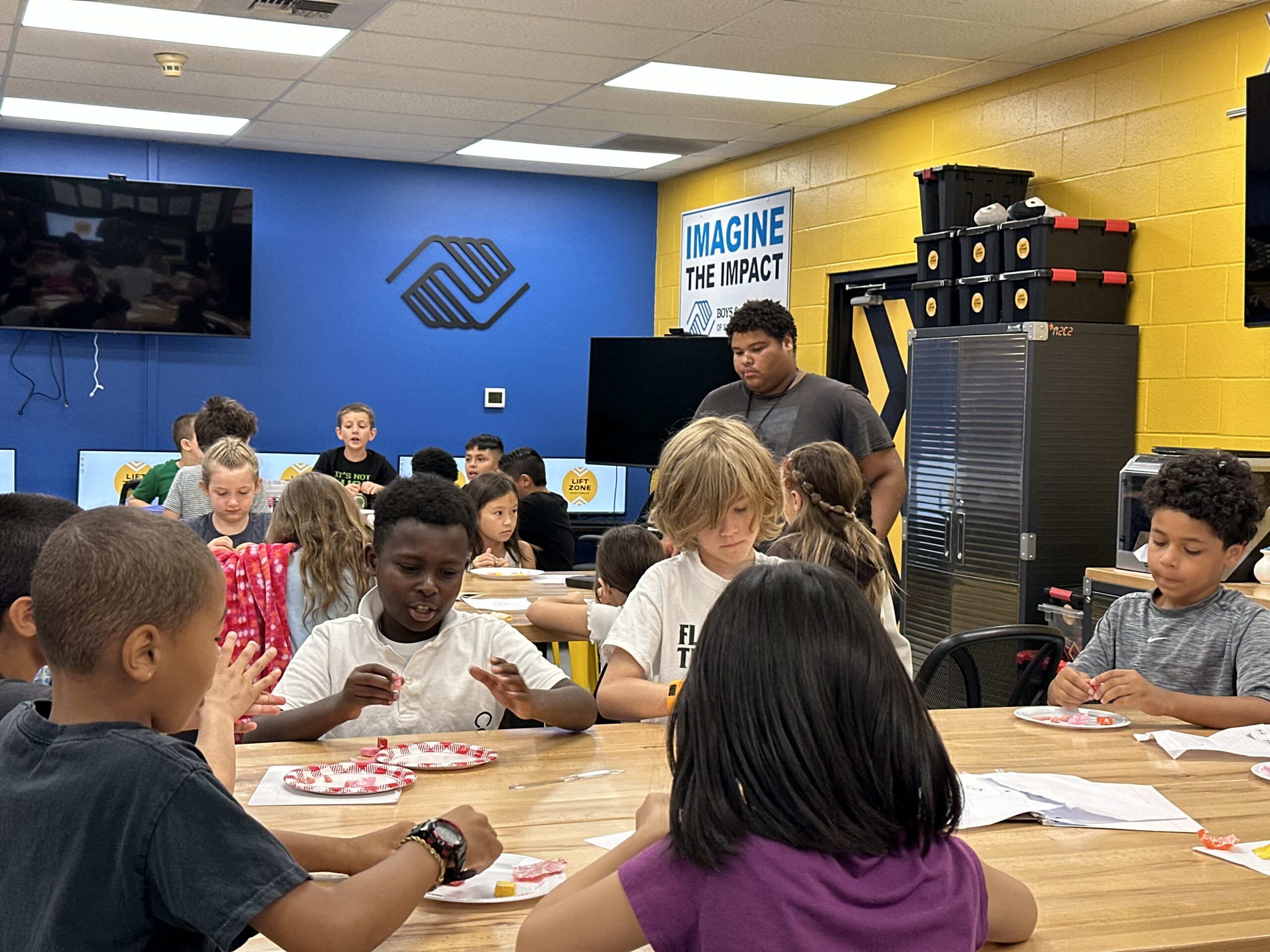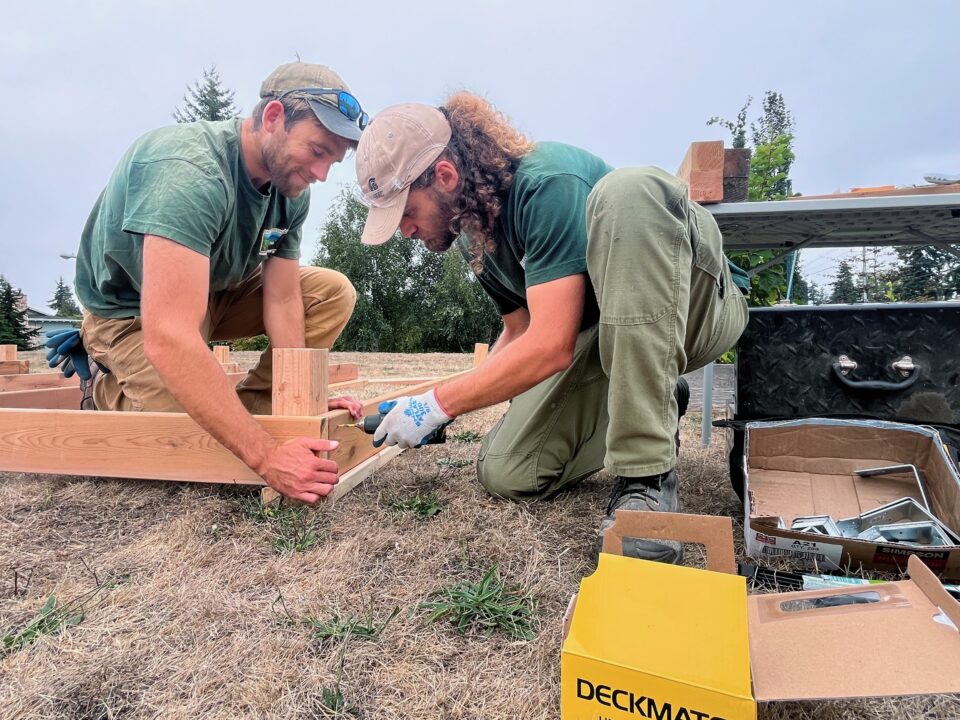This article was originally published in My Neighborhood News Network, which has partnered with the Verdant Health Commission to profile the work of local nonprofits it funds that advance the health of our whole community.
The network of 27 clubs in the Boys & Girls Clubs of Snohomish County (BGCSC) does much more than offer after-school care and summer camp.
Its 29,000 members, ages 5-18, experience an array of enrichment activities from four core program areas: Healthy Lifestyles, Academic Success, Life & Workforce Readiness, and Good Character & Citizenship. On a typical day, kids might participate in STEM-based learning activities, physical activity in the gym or outside, art, games and competitions.
Every year, the Alderwood Boys & Girls Club in Lynnwood serves over 3,000 kids from a diverse community of families from surrounding towns, cultural groups, income levels and social emotional needs. No child is turned away for financial reasons, ensuring that all youth, regardless of income, have equitable access to BGCSC services.
BGCSC’s Behavioral Health Uplift Initiative, an emphasis on social emotional learning (SEL), is interwoven across all activities. The program fosters positive mental wellbeing, life-long resiliency and social emotional wellness through the cultivation of self-awareness, relationship and decision-making skills and empathy toward others.
Summer camper James stands out to many Alderwood Club staff members as someone who benefited from the Club’s SEL focus. “It was a rough beginning. At 9 years old, his parents were going through an acrimonious divorce, he struggled in school and had never found a camp that he liked,” said Ruth Cassidy, unit director at the Alderwood Club. During the first few days, James was reactive, physically and verbally, and used foul language.
“We worked with him and mom to help meet him halfway and create a safe environment,” Cassidy said. “Staff used trauma-informed practices and spent time just listening to him. He opened up about all that was going on with his parents and how he was dealing with it.
“Three years later, we are the only camp he wants to attend. It’s the only place he said that someone took the time to listen and hear his anger and his sadness and let it all be ok,” Cassidy added.
“If it were not for the Boys & Girls Club, I am not sure how we would have survived the summer when his dad and I divorced,” James’ mother said. “He was really angry and unwilling to talk to us or a therapist at the time. The club was patient and understanding and helped him feel safe and welcome no matter what happened.”
James is just one example of how the club provides a safe space for children. “The staff believe in what they do. They know the impact that they have, and they know it’s something so simple as knowing the kids’ names, saying hello, and celebrating their successes,” Cassidy said. “When they are struggling with something, the staff are there to say ‘good job’, or ‘let me help’, or ‘what can we do about this?’”
Teen Director Evens Henry agrees. “In my 30 years with the Boys and Girls Club, I’ve seen that kids want mentorship. The more we talk to the young ones, engage them about what’s right and wrong, the better the future they can have. That’s my main goal, to guide them the right way.”
Cassidy says it’s not unusual for former campers to come back as summer or permanent staff because they want to give others the same positive experience they had.
Chelsea Duffy is a prime example. She had such a positive summer camp experience from second through sixth grades that she returned this summer as a camp counselor. “Now as I look back at how the staff [like Evens] impacted me, and who I became, I want to be that inspiration for other kids and continue the legacy of success,” Chelsea said. She is currently finishing her associate degree at Everett College and plans to transfer to Central Washington University to be a high school history teacher.
Simon Ussery is another former camper who worked as a counselor this summer. “I came back as staff because I wanted to be a mentor for the next kid that may be going through struggles like I did,” he said. In elementary school, he had disruptive behavioral issues. “It got so bad that I was kicked out of my school’s Move 60! program for bad behavior. I was put [in the Alderwood Club], and at first I thought it was a punishment, but it snowballed into a learning experience and a place where I could open up and grow instead of just being marked as a troublemaker.”
To learn more about the benefits of enrolling a child in the Alderwood Club, please contact Ruth Cassidy at 425-774-3022 or alderwood@bgcsc.org.




